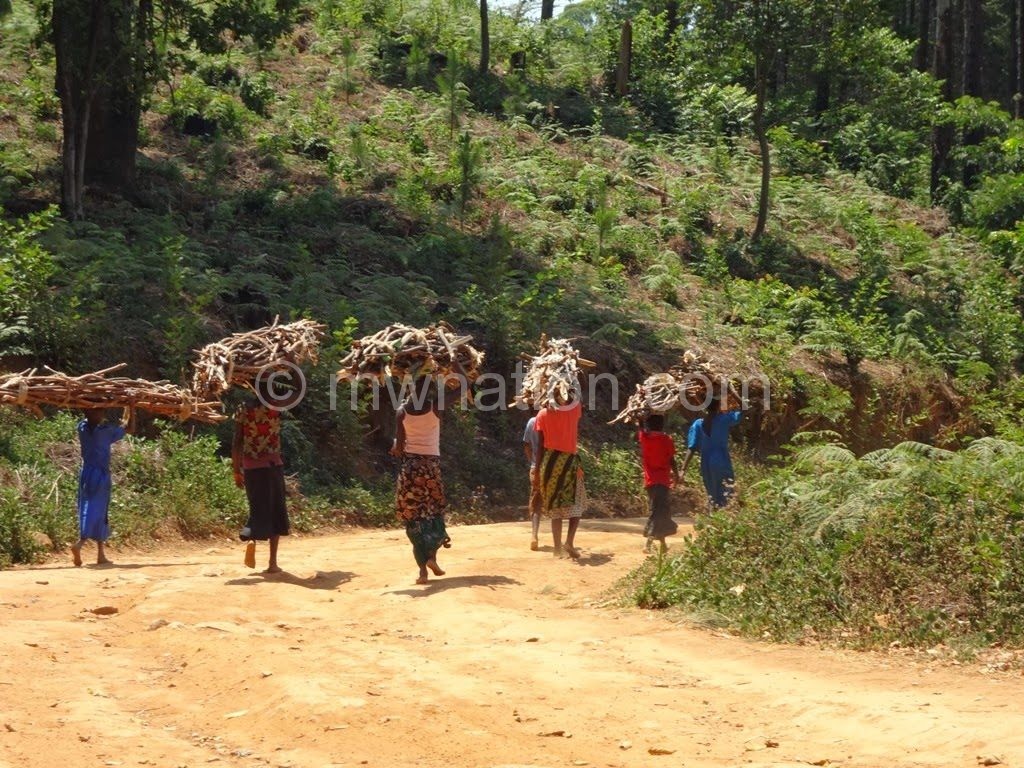Woman face of Covid-19
Covid-19 has become one of the world’s most devastating pandemic with 347 000 lives lost since last December.
Social, economic, political and cultural lives have come to a standstill. As the world ponders the possible cure or vaccinations, the future remains uncertain and desperate governments have frantically resorted to national lockdown to contain further Covid-19 transmission.

Some shots in the dark, most of these desperate precautions have come in conflict with fundamental human rights, especially the right to economic activity, freedom of movement and freedom from torture and degrading treatment.
This is common in developing countries where a basic human rights depend on other freedoms.
In the general lamentation of human rights violations orchestrated by the Covid-19, nations should not lose sight of certain groups, including women, most likely to be hardest hit.
In developing countries, the pandemic is certainly to wear a woman’s face as is the case with HIV and Aids.
Typical of the patriarchal systems in most African societies, women submissively bear the burden of most unpaid care work in the homes and communities.
Fetching water, cooking, doing laundry and taking care of the family, including the sick, entail women are a greater risk of Civid-19 infection.
It is even harder for women because most essential social amenities are rarely within reach.
In the event of a national lockdown, women might fall victim to human rights abuse, including gender-based violence.
Oftentimes, some men vent their frustrations on wives and children, including sexual violence, wife-battering and failure to meet economic needs for the family.
All this should, therefore, nudge nations into pursuing a disaggregated response to social and economic impact of Covid-19.
A one-size-fits-all approach will not do justice to certain groups.
With Africa set to become the epicentre of the pandemic, as warns the World Health Organisation (WHO), developing countries like Malawi must invest in responses that front women movements to champion Covid-19 prevention.
Countries with high illiteracy among women have urgently need to localise the response by working with local women movements in popularising all precautions.
Additionally, governments must provide safety-net packages to cushion women from harsh effects of the pandemic.
Granted, the Ministry of Gender, Children, Disability and Social Welfare has been providing social cash transfers to vulnerable groups of women for years. However, such support hugely pales in comparison to Covid-19 impact on Malawian women.
Time has come for the government and its partners to extend the horizon of social protection interventions.
Small-scale businesswomen and women in income-generating activities, such as village savings and loans, are reeling under the effects of the pandemic. The government must intervene to bring them back to their feet.
It will, however, be naïve to only assist women economically as the Covid-19 preventive measures such as partial and full lockdowns could significantly increase gender-based violence with limited spaces for reporting such vices.
The government and stakeholders need to put in place robust and effective social protection systems against any abuse within easy access.
Even in the event of a national lockdown, women and survivors of gender-based abuse need to know and utilise the social protection and reporting mechanisms.
Let this Covid-19 pandemic be remembered as the period nations and stakeholders joined forces to uphold the rights for all, including women living in poverty and exclusion.





